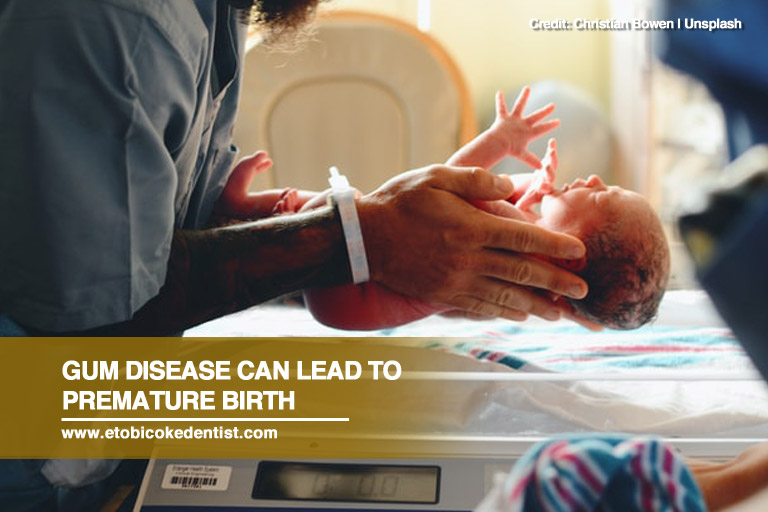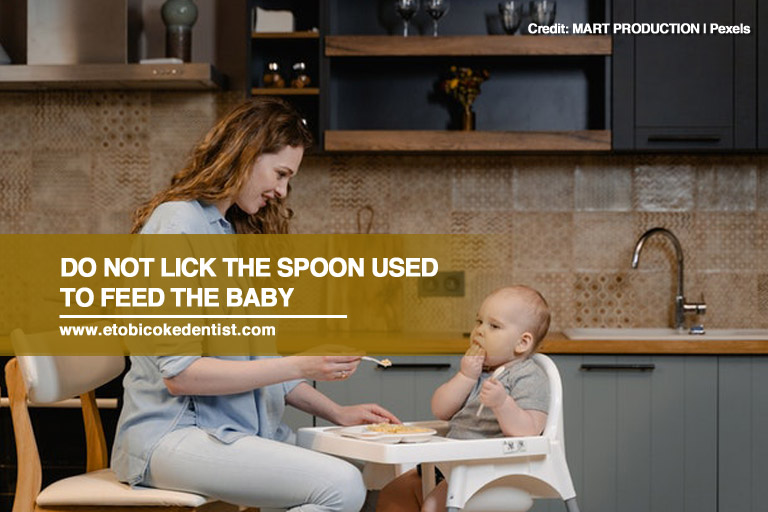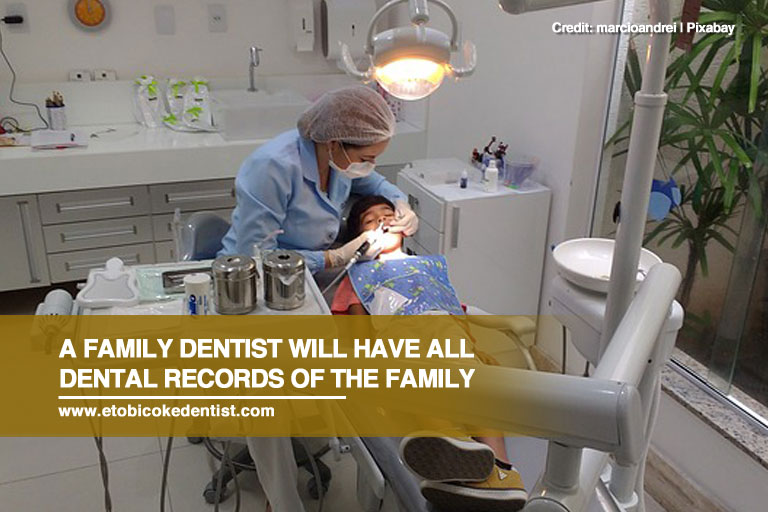Tooth decay and gum bacteria will not choose their victims. Everyone is susceptible to its dangers and it’s an inevitable aspect of human life. This oral health risk is more pronounced in expecting mothers.
Why is dental care important during pregnancy? And what can you do to prevent any dental diseases from harming your family? Here’s what you need to know about prenatal and postnatal tooth decay treatments.
Periodontal Disease and Pregnancy

Pregnancy in itself is already a risky process. Plenty of complications and health risks go along with it. Periodontal disease or inflammation of the gums is common across all ages. However, for expecting mothers, periodontal disease symptoms like swollen gums, infected teeth, and toothaches become more common.
Attributed to the constant shift in hormone levels, periodontal disease and pregnancy are closely linked, so much so that almost 75% of pregnant women will experience mild to severe cases over the course of 9 months. These numbers also correlate with the number of unhealthy newborns and weak mothers during childbirth. Since oral health can heavily affect appetite and wellness, the mother might not be able to gain enough nutrition to strengthen herself throughout the pregnancy.
Maternal cravings can also increase the risk of incurring cavities and tooth decay. Toothaches and intense pain that are closely associated with it could significantly decrease the mother’s drive and strength. This makes it vital for families to pay attention to the diet and oral health of mothers. By doing so, not only do mothers get to give their newborns their glowing smiles, but they also get to deliver them into this world in a safer manner.
Dental Cavities and Pregnancy

Hormones and cravings are universal for any mother. However, having control over these urges is essential for maintaining a healthy dental status. It has been observed that most expectant mothers would often change their eating patterns during pregnancy and these would include an increased appetite for sweets, sugars, and carbohydrates. Some of them would be prone to midnight snacking and by doing so forget to brush their teeth.
All these habits are not necessarily harmful, but it has to be reined in for a bit to avoid any cavities. Recent statistics show that a quarter of mothers will incur cavities during childbirth and are three times more likely to pass these bacteria to their newborns. Consequently, children who grow up with cavities and toothaches are three times more likely to be absent from school and miss classes.
So, before you give in to those delicious sweets, and hormone-induced cravings, ask yourself if you’ve had enough.
Premature Birth and Gum Disease

This might come as a shock to you, but premature babies and mothers with gum disease possess a direct correlation. Published journals have proven that moms who have severe gum-related infections are 4 to 7 times more prone to premature childbirth. This early delivery can seriously affect the health of the baby as they become likely to be malnourished and underweight.
However, it is unclear whether treating a gum disease during pregnancy could delay this premature labour. Of course, other factors could cause early childbirth such as the mother’s health, stress level, and more. It’s important to note that gum disease could be a contributing factor, but it’s not necessarily the main cause. These numbers only show how something as simple as gum infections could endanger the health of both the mom and the baby.
Pregnancy Epulides
Also known as mouth tumours or pyogenic granuloma, these deep red, dot-like marks on the gum tissues are prone to bleeding and can cause extreme discomfort. Fortunately, they are not really as bad as they sound. These “tumours” are often benign and are caused by intense inflammation which in turn is caused by plaque build-up and tartar. Having this condition can make it harder for you to eat, talk, and go on with your everyday life.
Pregnant women are prone to these tumours during their second trimester. This essential stage of development requires optimum nutrition for both mother and child. Any lack of appetite could weaken the mother’s immune system and decrease the fetus’ nutrition. However, these mouth tumours would gradually disappear after childbirth. If they do not disappear and still continue to cause pain, you can always have them removed by your local family dentistry clinic.
Dental Care Tips During Pregnancy

Carrying a baby for nine months lays a heavy toll on the physical health of the mother. And amidst the pains, discomfort, and cramps, some may forget to look after their dental health. Unfortunately, this can compromise the baby’s health.
Here is a list of dental habits that can help expectant mothers in fighting cavities and decay:
- Brush teeth for at least two minutes, morning and night
- Floss your teeth daily
- Opt for healthy sweets like fruits and yogurt
- Schedule a regular dentist appointment
- Use prescribed mouthwash to prevent gum infections and mouth sores
- Mix in a teaspoon of baking soda to your mouthwash to flush out morning sickness acids
- Eat a diet full of calcium and iron for stronger enamel
Dental Care Tips For Babies To Avoid Tooth Decay

Tooth decay creeps into a baby’s life in a very stealthy manner. Vulnerable and helpless, a baby’s immune system is still not strong enough to fight off any infections caused by inflammation and bacteria. This makes it critical for you to keep an eye on what goes in your baby’s mouth. Here are some tips for you to follow:
- During feeding make sure to only use a mixture of plain water, breast milk, or milk formula. It is also important to note that breast milk can still cause tooth decay.
- Never put any sugar or flavourings, and don’t leave a baby with a bottle as it sleeps.
- During the teething stage, pacifiers should be sterilized regularly after use.
- Don’t dip the pacifier in any honey or sugary substance.
- Use separate utensils for the baby.
- Avoid passing on saliva through the licking of the baby’s spoon. Instead clean it with warm, running water or soap.
Tips In Cleaning Baby’s Teeth

At 4 months old, milk teeth will start protruding out of your baby’s gums, which may cause pain and discomfort. To relieve this, babies will often exhibit teething behaviour and gnaw on random objects contaminated with bacteria. To prevent infection and early onset of decay, dental care for babies is vital for their healthy growth.
Adult toothpaste can be too strong for your baby’s mouth, so it’s best to use a clean and moist washcloth for the first few months. When your child reaches three, they can then use regular toothpaste. This developmental age is the most vulnerable to tooth decay as they are more exposed to different kinds of food. You have to train your child to brush their teeth twice a day.
The amount of toothpaste used should only be pea-sized to avoid swallowing and throat infections. If your child has developed teeth that are narrowly spaced and close together, you can always use floss to remove plaque build-up. Dental visits should also be scheduled at 6 months old or when the baby’s first tooth starts to appear.
Importance of Family Dentistry

Prioritizing the oral health of your family is always a good investment. Not only does it save you from hospital bills but also sick days and toothaches. Here are some of the benefits of having a family dentist:
- Caters to all ages
Every developmental stage of a person’s life requires different kinds of care and levels of vulnerability. A family dentist knows how to treat everyone. From grandparents to newborns, family dentists can aid your family with any dental problems. - Preventative measures
The main goal of family dentists is to lessen the chances of oral damage and decay. Going to the clinic as a family ensures that any underlying conditions will be detected. Check-ups often involve preventative treatments that hinder permanent harm. - Early Training for children
Adults and children alike can become a bit uneasy when sitting on a dentist’s chair. This can be rooted in the lack of exposure to dental appointments and check-ups. To make sure that your child grows comfortable with dentists and cleanings, you have to show them that the entire family is okay with it. This will also foster a healthy oral hygiene habit that your children will carry for the rest of their lives. - Efficient and less costly
When you’re out buying groceries, you would want to find all the things that you need in one shop. Going to different stores for each item can waste your money, time, and energy. The same goes for family members and having a single dentist. No one wants to go to a different location or talk with a new person about every dental problem that your family is facing. - Organized family health records
A family dentist who will be able to track and handle your family’s oral health, you can have a more efficient visit and a trip to the clinic.
Dental care for pregnancy is essential in making sure that both the mom and the baby are safe and well. Any irregularity in the mom’s health could inflict serious repercussions on the development of the baby. A single cavity could create rippling effects and affect the future of your baby. So, don’t wait for an emergency to visit the dental clinic. Do it regularly so you and your baby can have the healthiest smile.
If you need dental care for your entire family, call Dr. Mark Rhody Dentistry today at (416) 231-4281 to schedule an appointment.
